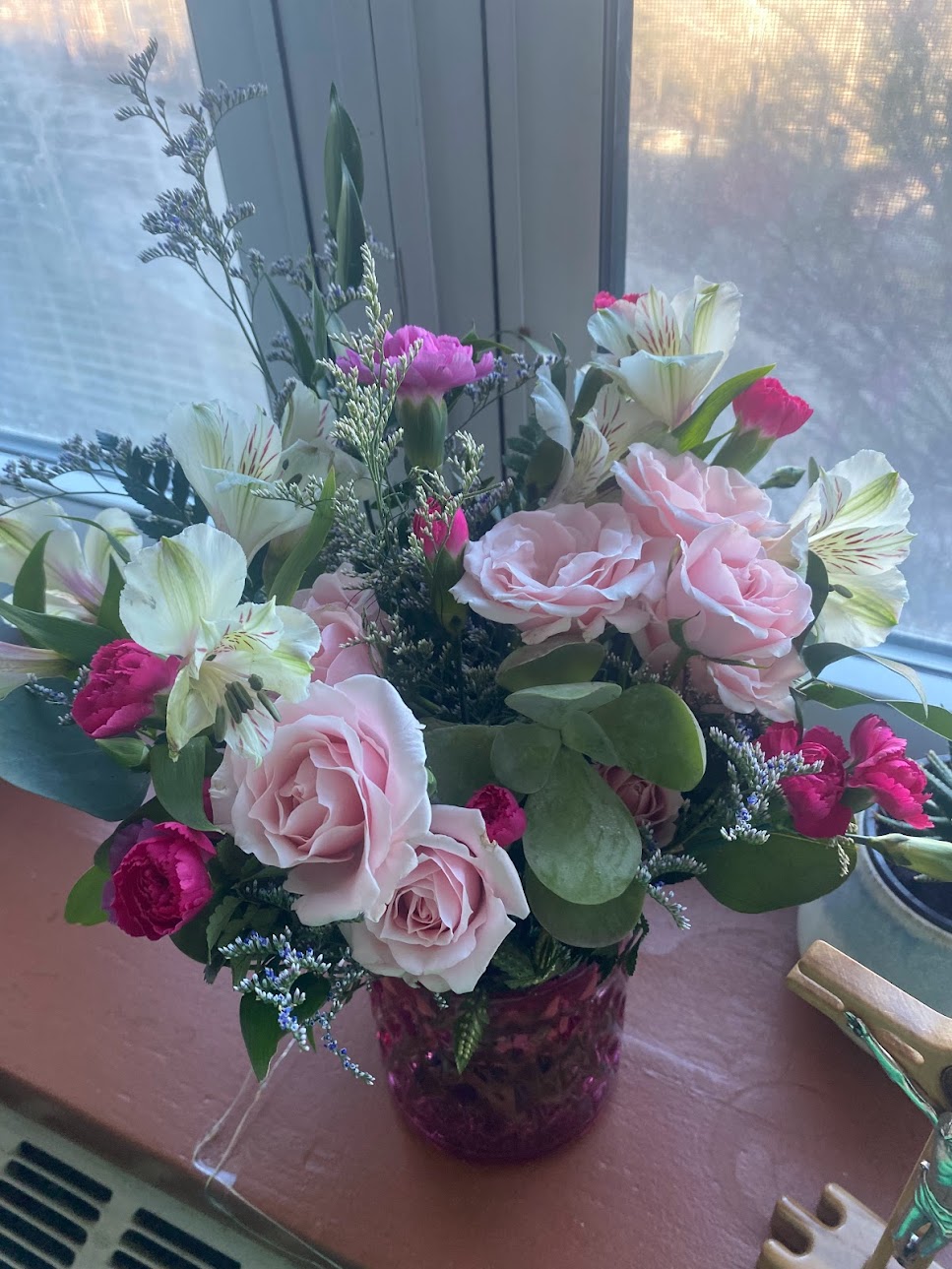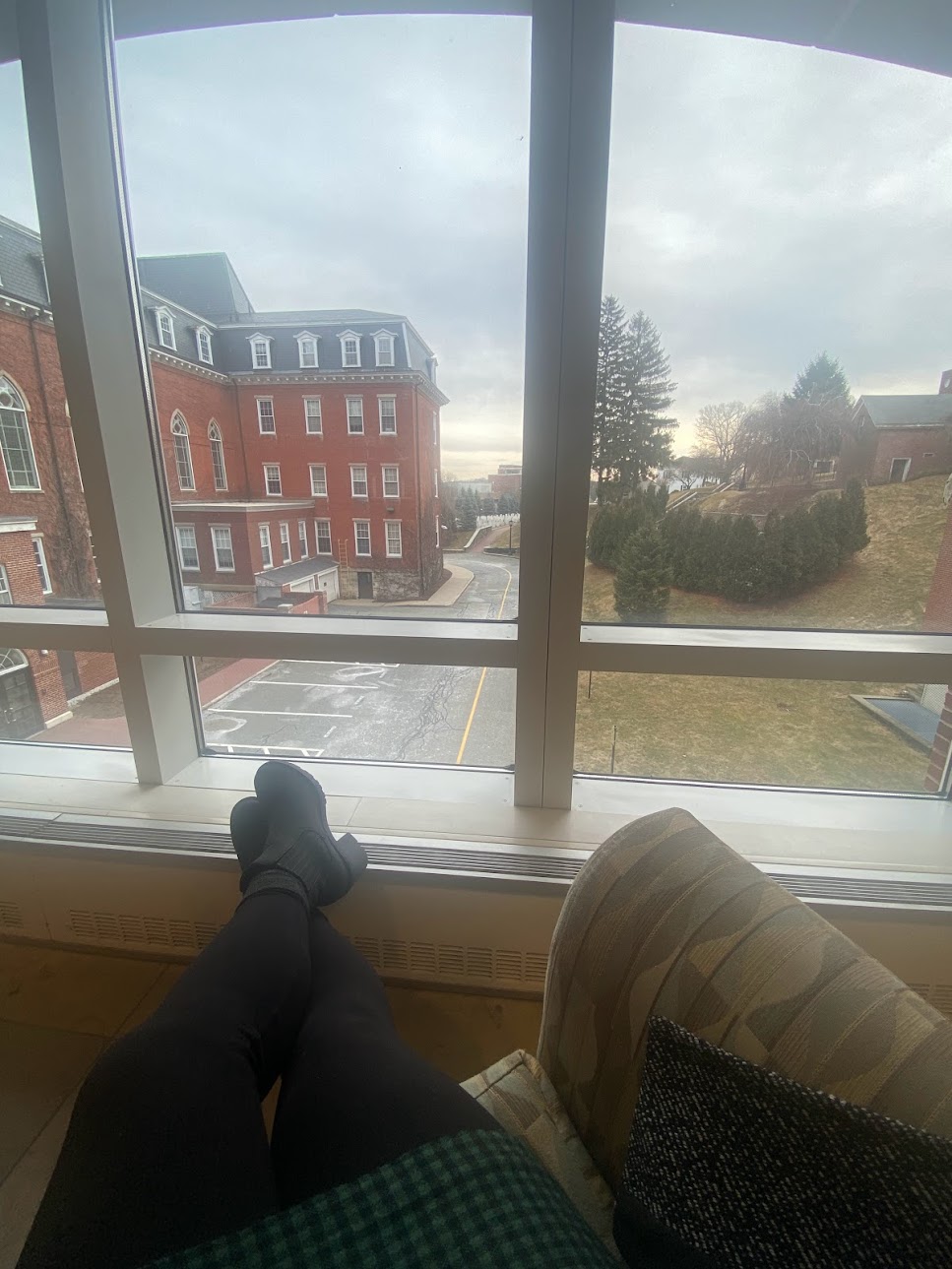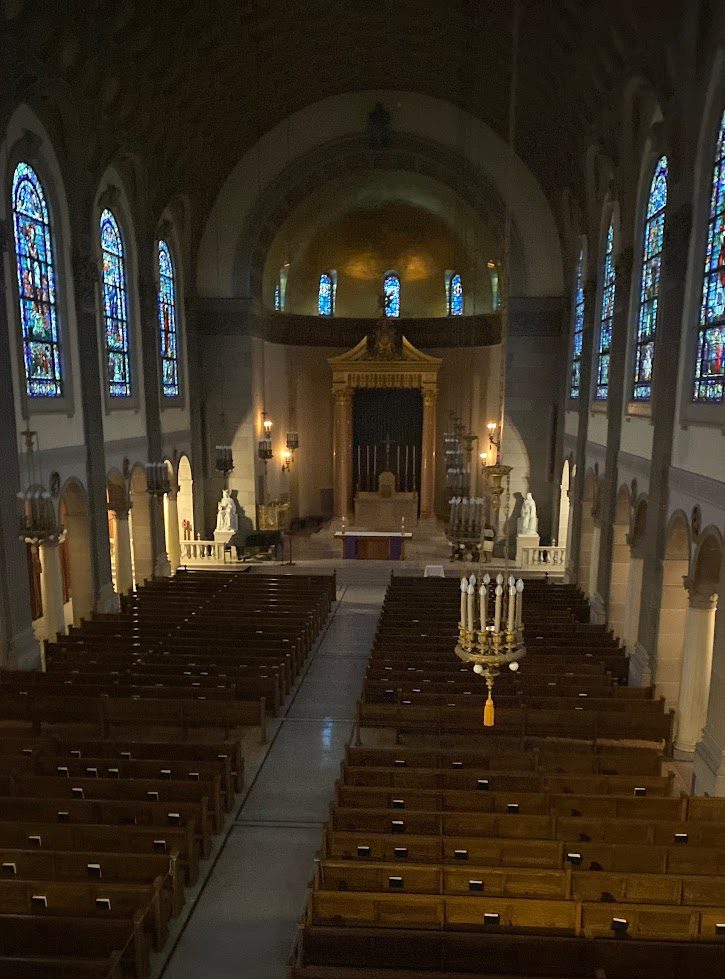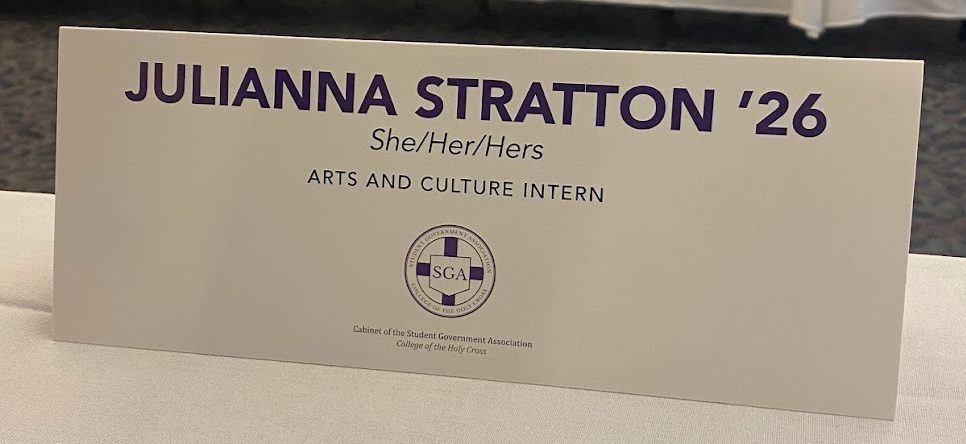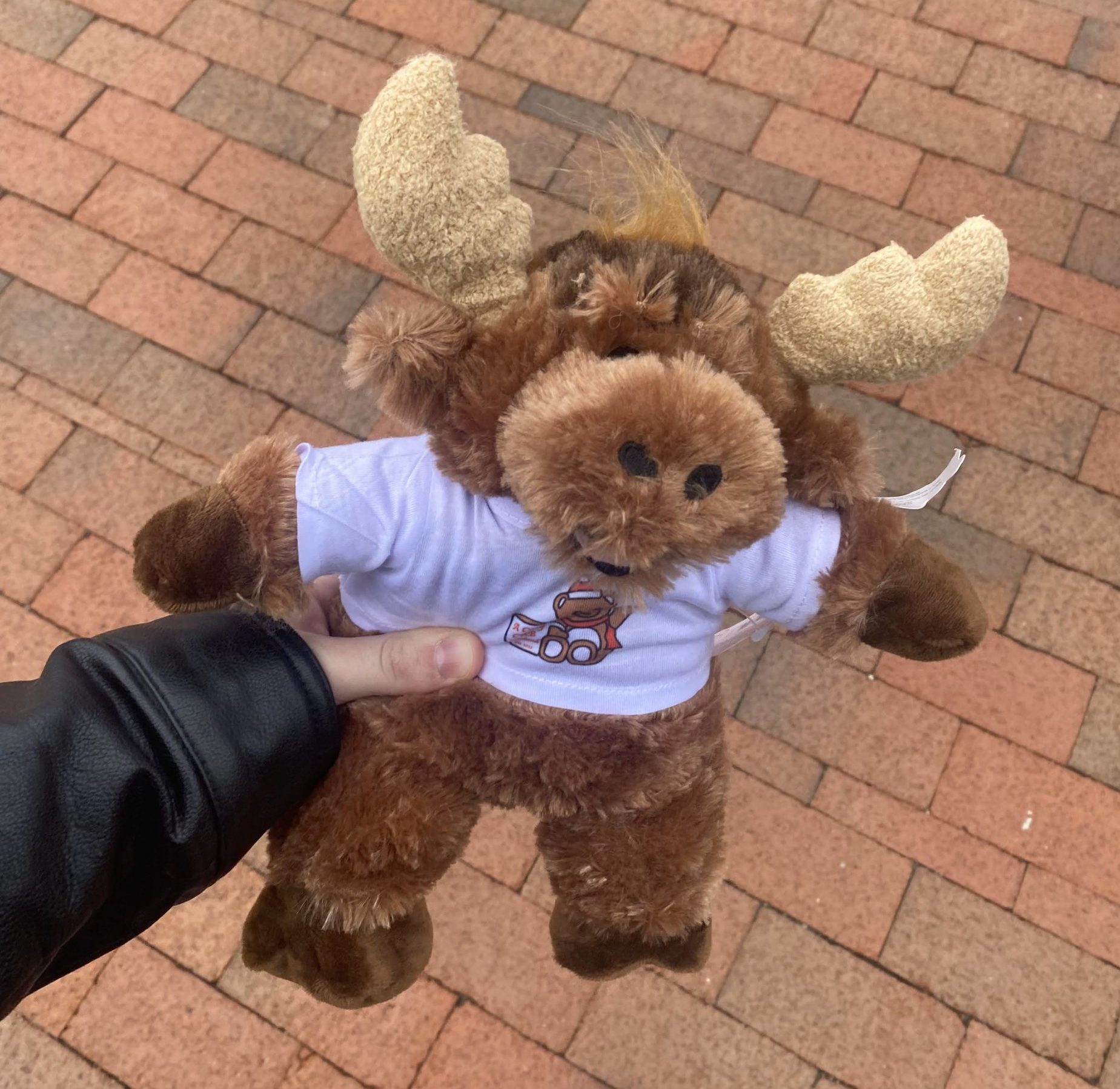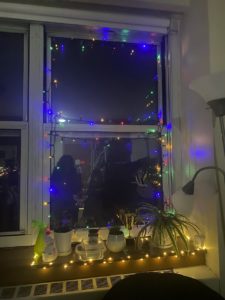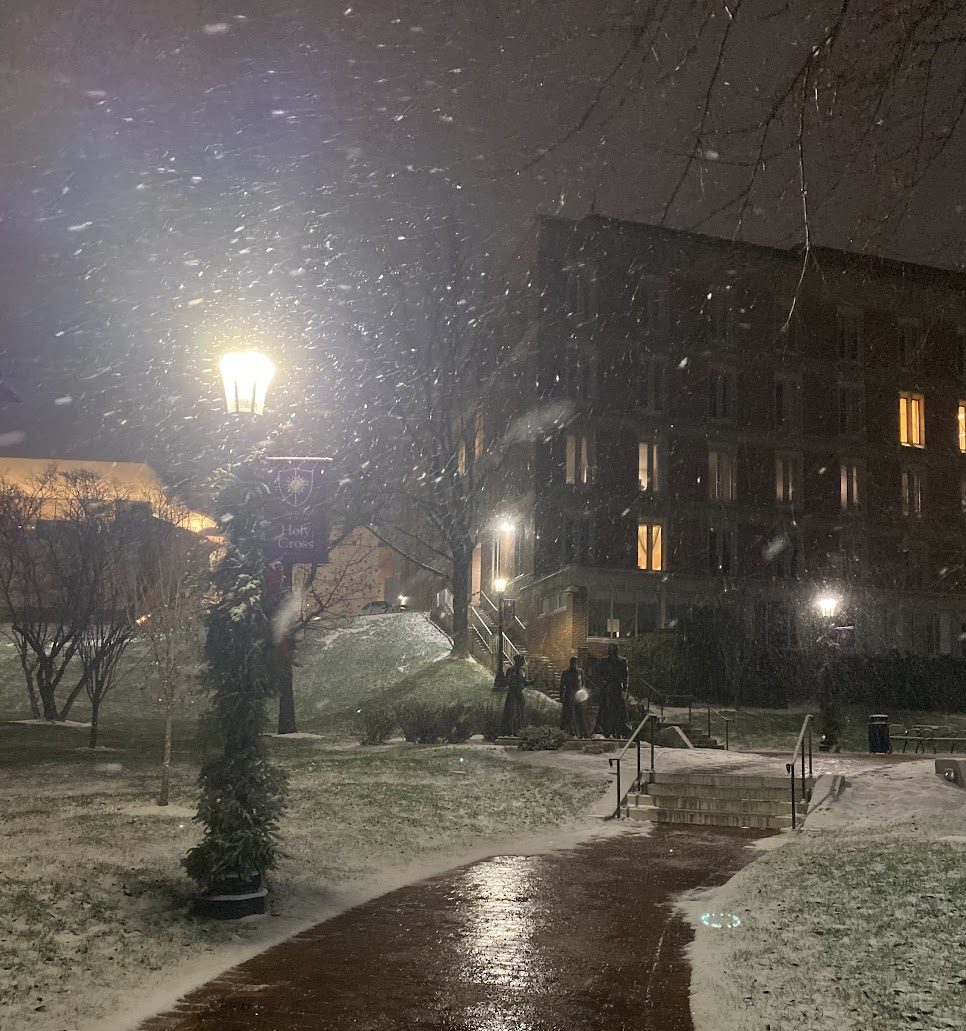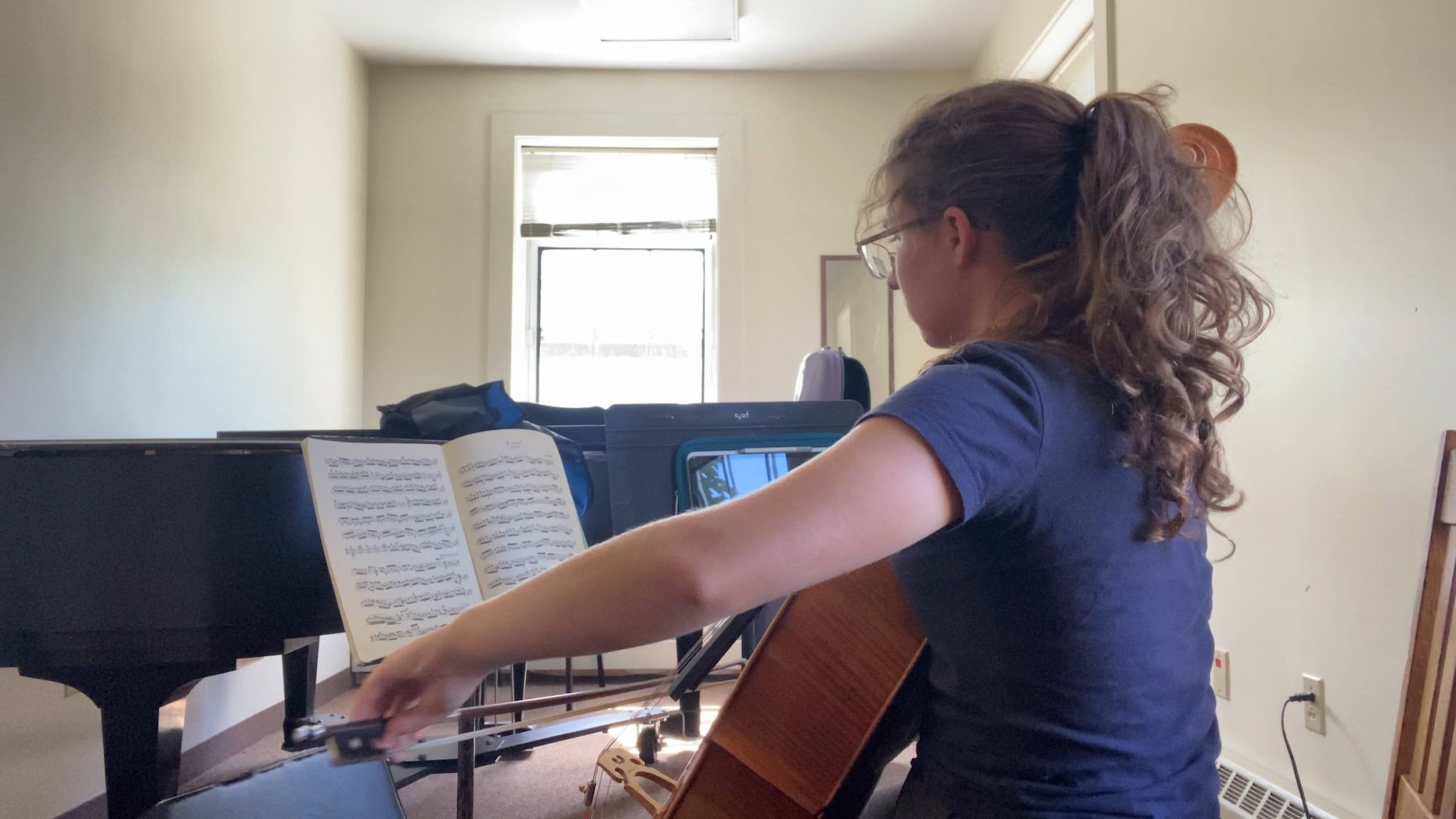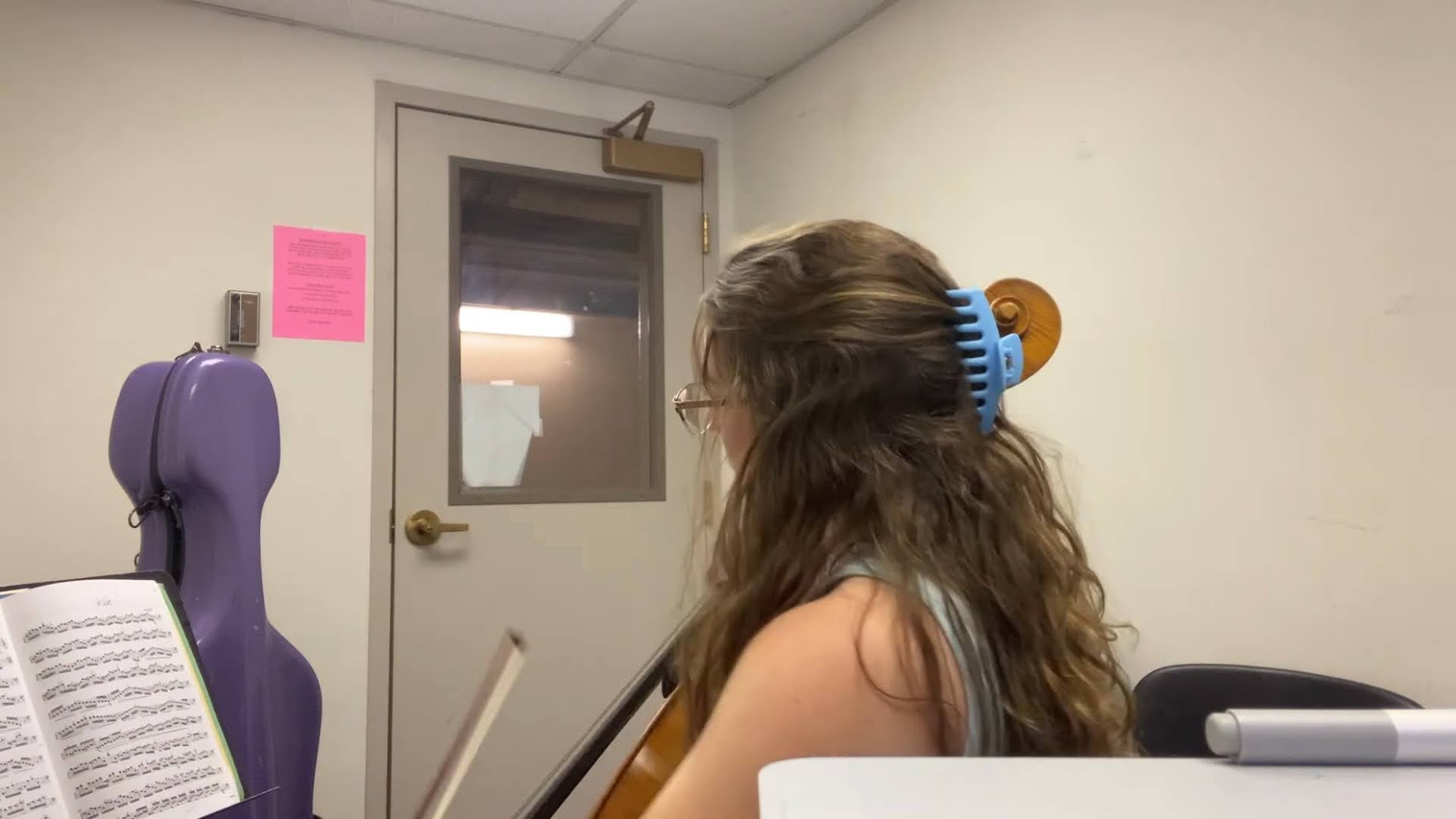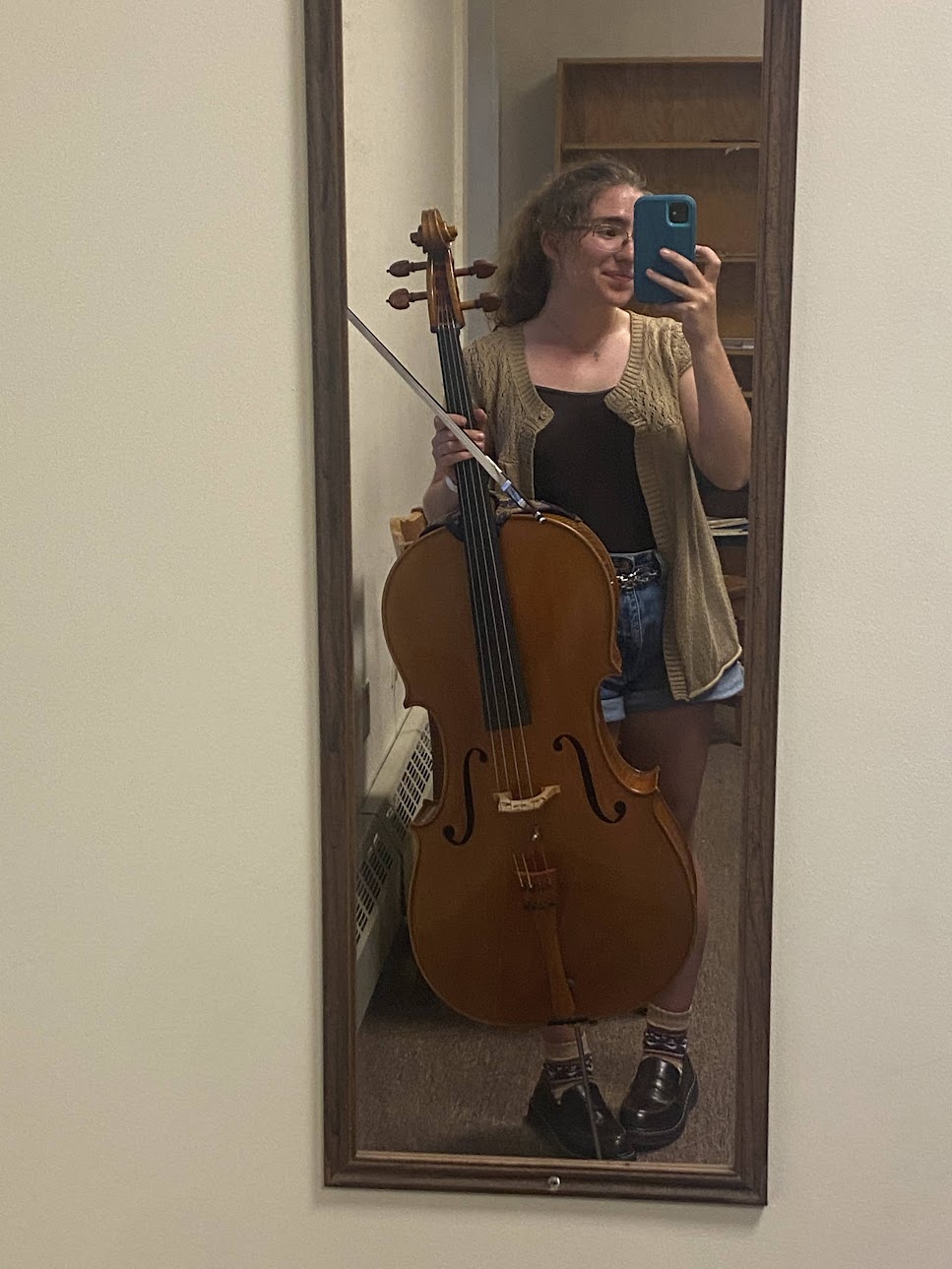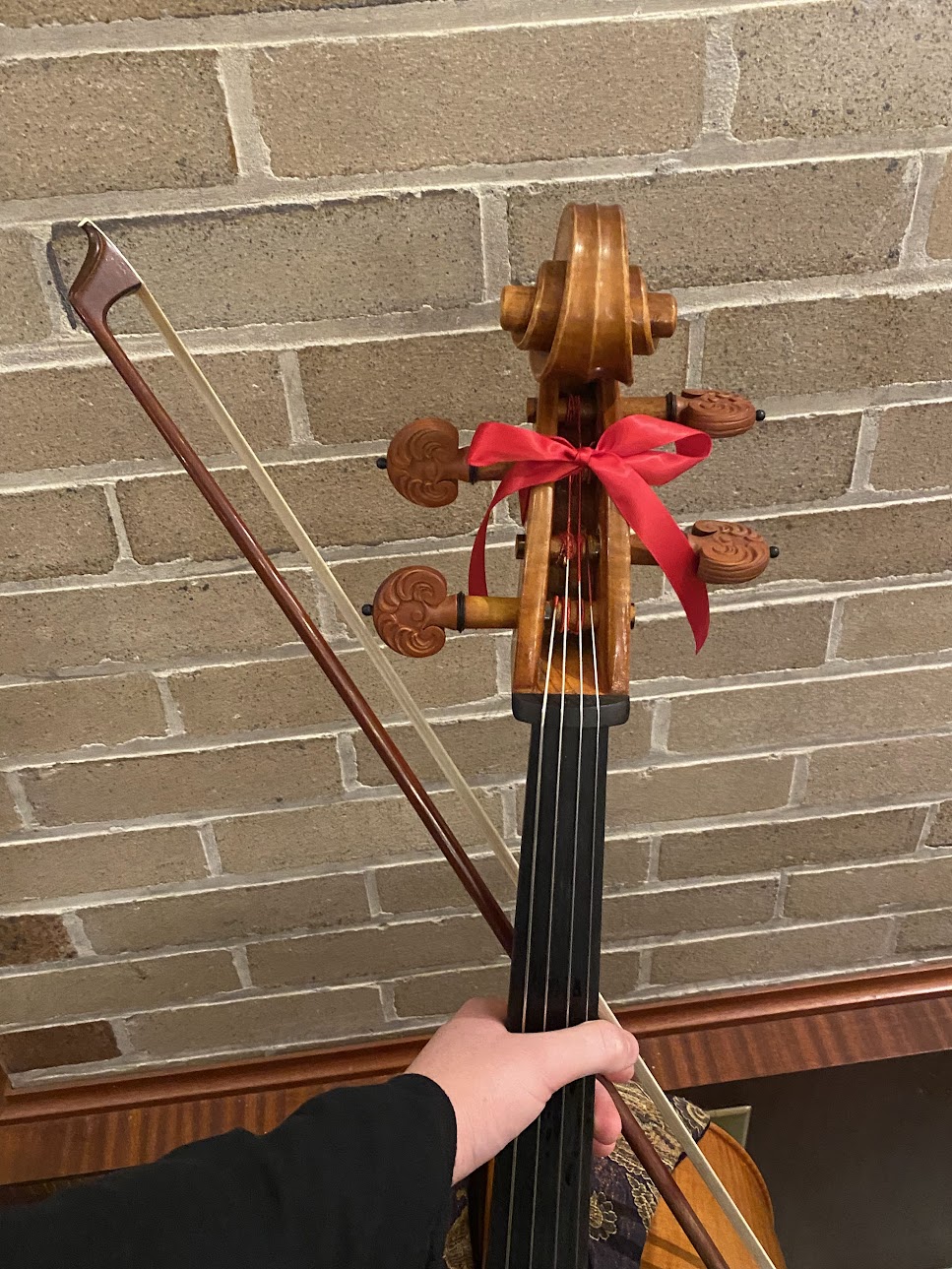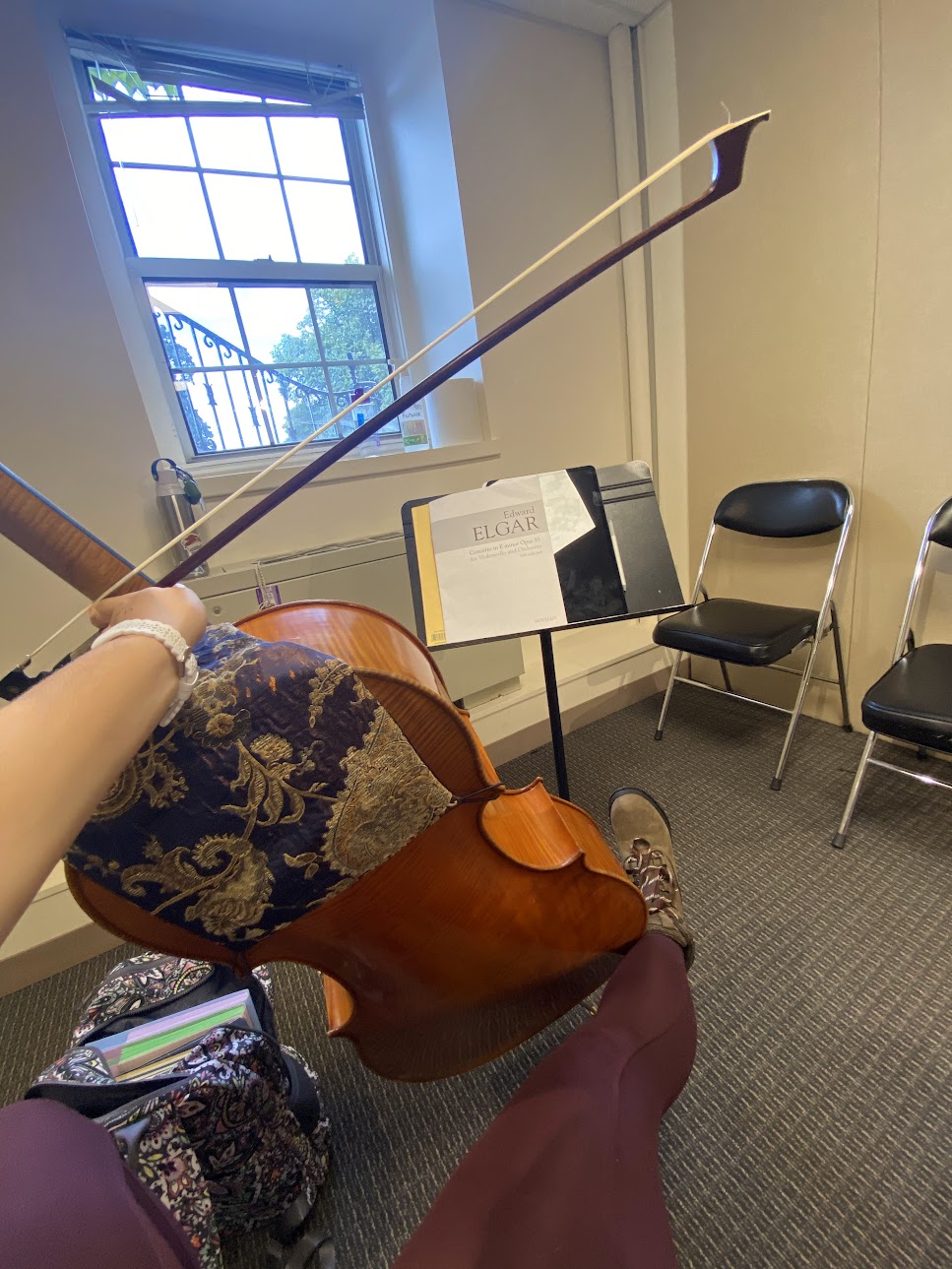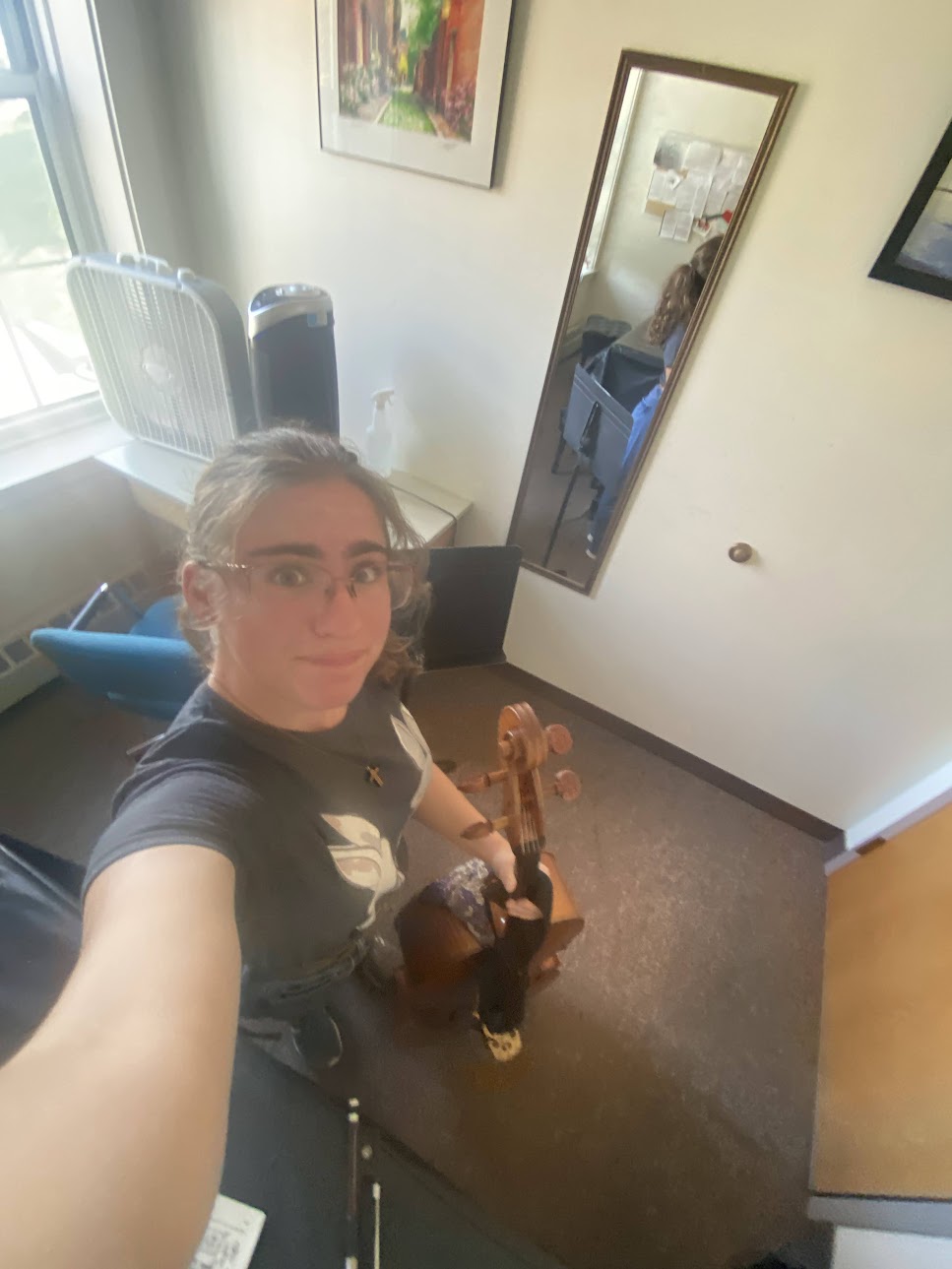Recently, I was in a meeting with a professor whom I had asked to write a recommendation for me to the College Honors program. Over the course of the meeting, he asked me what to most, probably is a very simple question: “what should I tell the application committee about you?”. My mind, naturally, went blank, and I could not think of a single redeeming quality about myself.
The question still on my mind hours later, I set about writing a proper answer back to him. What could I say to sum up myself in a single phrase? What would convey the most important qualities of myself that would convince a panel that I am worth the instruction and attention that, if selected, I would receive?
This is what I said:
“My greatest ambition is to be like my father. Like me, he has an impressive list of qualifications and talents. He has a master’s degree, prays a rosary every day, and has a vocabulary of half the dictionary. He has read every piece Charles Dickens ever wrote, can name the composer of a classical piece just by listening, and includes footnote references in his letters. If ever there was a man of many talents, it is him. All of that certainly is good, but it has nothing to do with why I want to be like him.
He works three jobs. One at an office park, another in the tech department of the local library, and the third at the Kroger deli department. One during the day, two at night. For a qualified, intelligent man, there is seemingly no reason why he could not simply work one, better-paid position. Instead, I’ve watched every week for years as he wakes up before the sun is up, goes to work, comes home, changes into another uniform, and heads back out, not returning until 10pm. I have watched him come home exhausted, dirty, hungry. I’ve watched him stay in the car picking me up from things because he didn’t want to embarrass me in front of my high school friends wearing a grocery store uniform.
Why? He does all of this just so that he can be there for my family. He was there at every school play and musical, every concert, ever equestrian meet. He was there to hold my mother’s hand through cancer treatment and around to take me to the city pool in the summer.
I could never be embarrassed of a man like that. Like I said, my greatest ambition is to be like him. All the education in the world would mean nothing if I cannot at the end of the day recount what I have done for another person, whether that be listening to their story or cleaning the floors. None of what I do here will matter if my friends and family cannot say that I was there to tell them that I love them and am proud of them (as he reminds me, at the beginning of every letter he writes).
My father does not see the world in terms of what he is owed and what he or anyone else deserves. He simply sees what needs to be done, sees what others need, and does it. Hopefully, the result of my education will be the same: that I will be able to see better, and that I will be better able to just get it done.
So, my point in all this is that I have no interest in remaining in an ivory tower. If there is no task or person below my father, then there is nothing beneath me, either. Dickens, as my father quoted to me, said it best: “No one is useless in this world who lightens the burden of another.”
I will accept any other insult, but I pray that I am never useless. I love my education dearly, but I am fully aware that this is merely the training for something far more important (and I do not mean money, thankfully).”
I won’t know until November if I was chosen for the honors program. In the meantime, I’ll content myself by knowing that every day, in every work shift and class and meeting, I come closer to achieving my greatest ambition. Who could not be content with that?
*The title of this blog is a reference to Sir Walter Scott’s poem, “Breathes there the Man,” which claims that the man who has everything (titles, power and pelf) still dies twice, body and soul, if he lacks connection to others and his homeland.*


